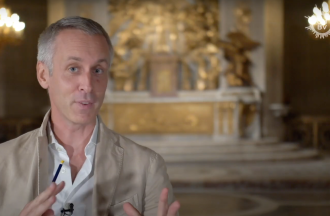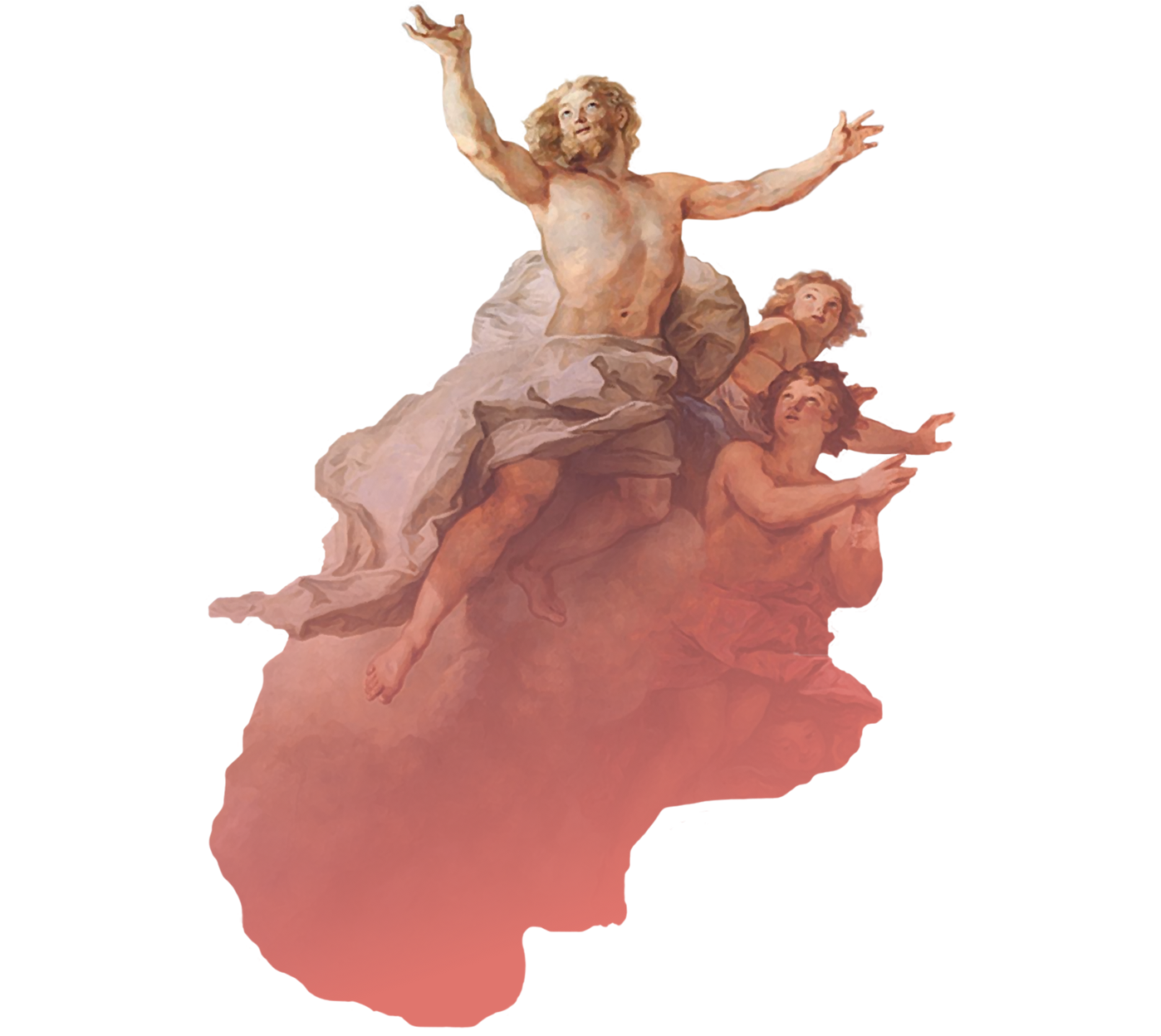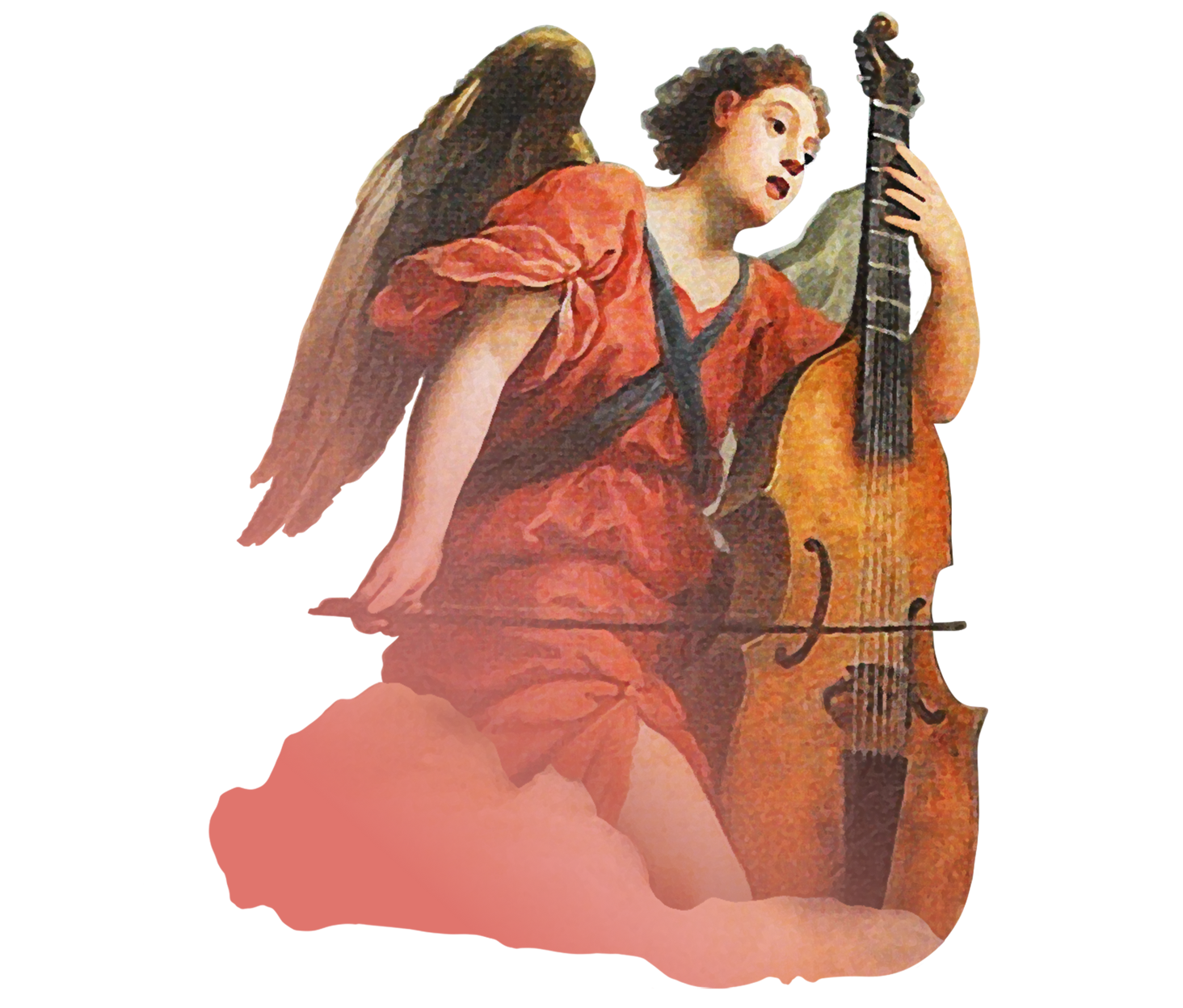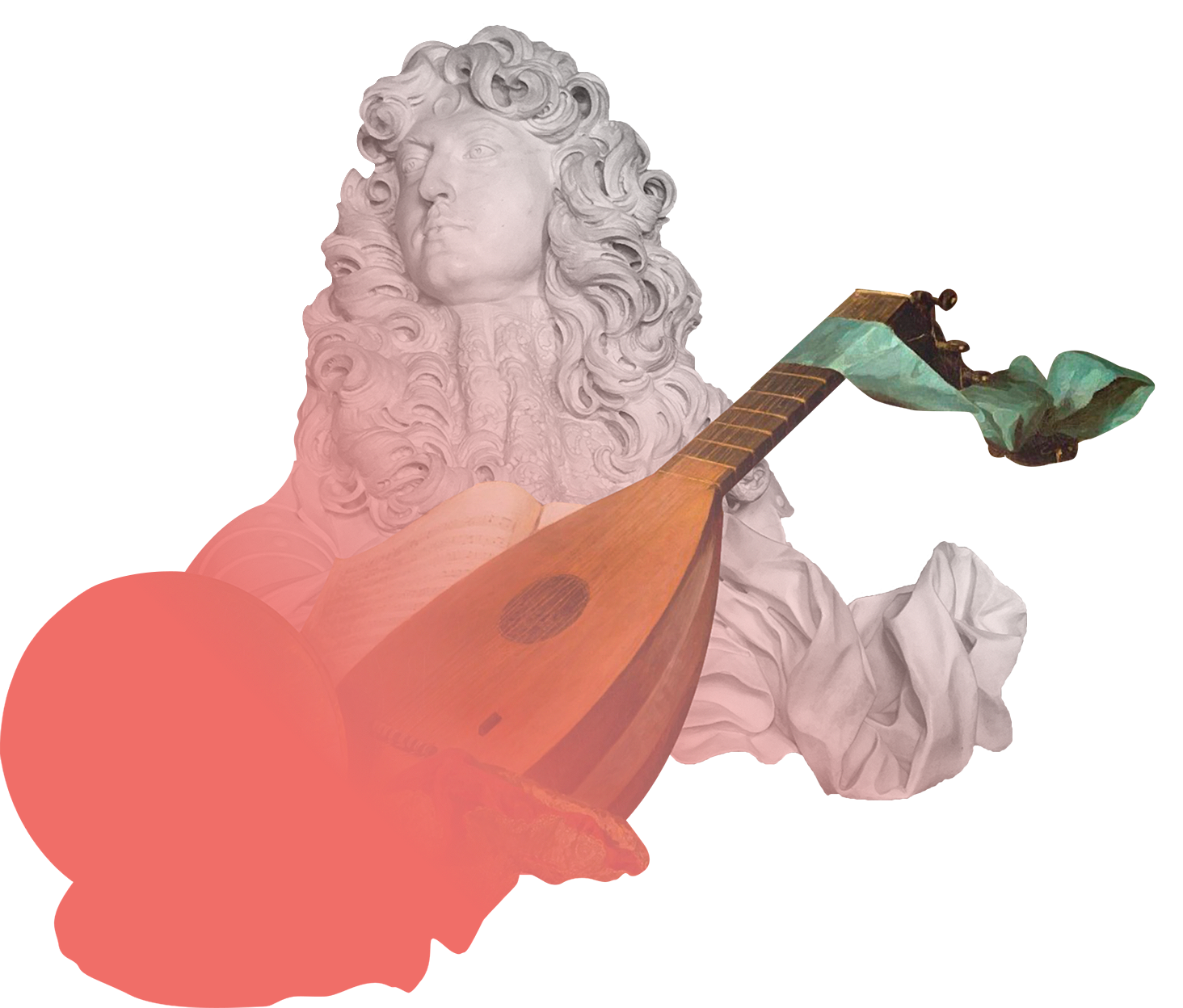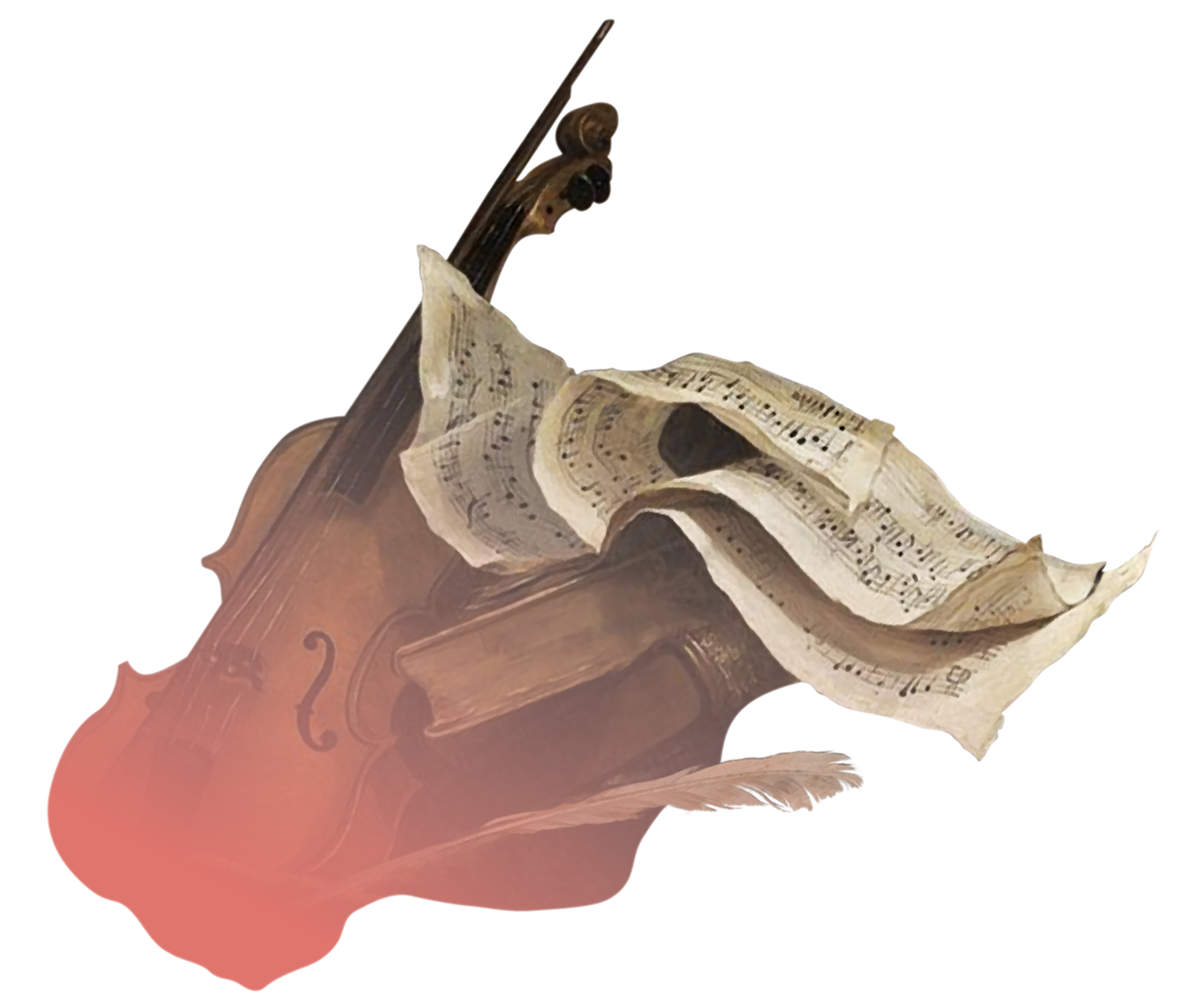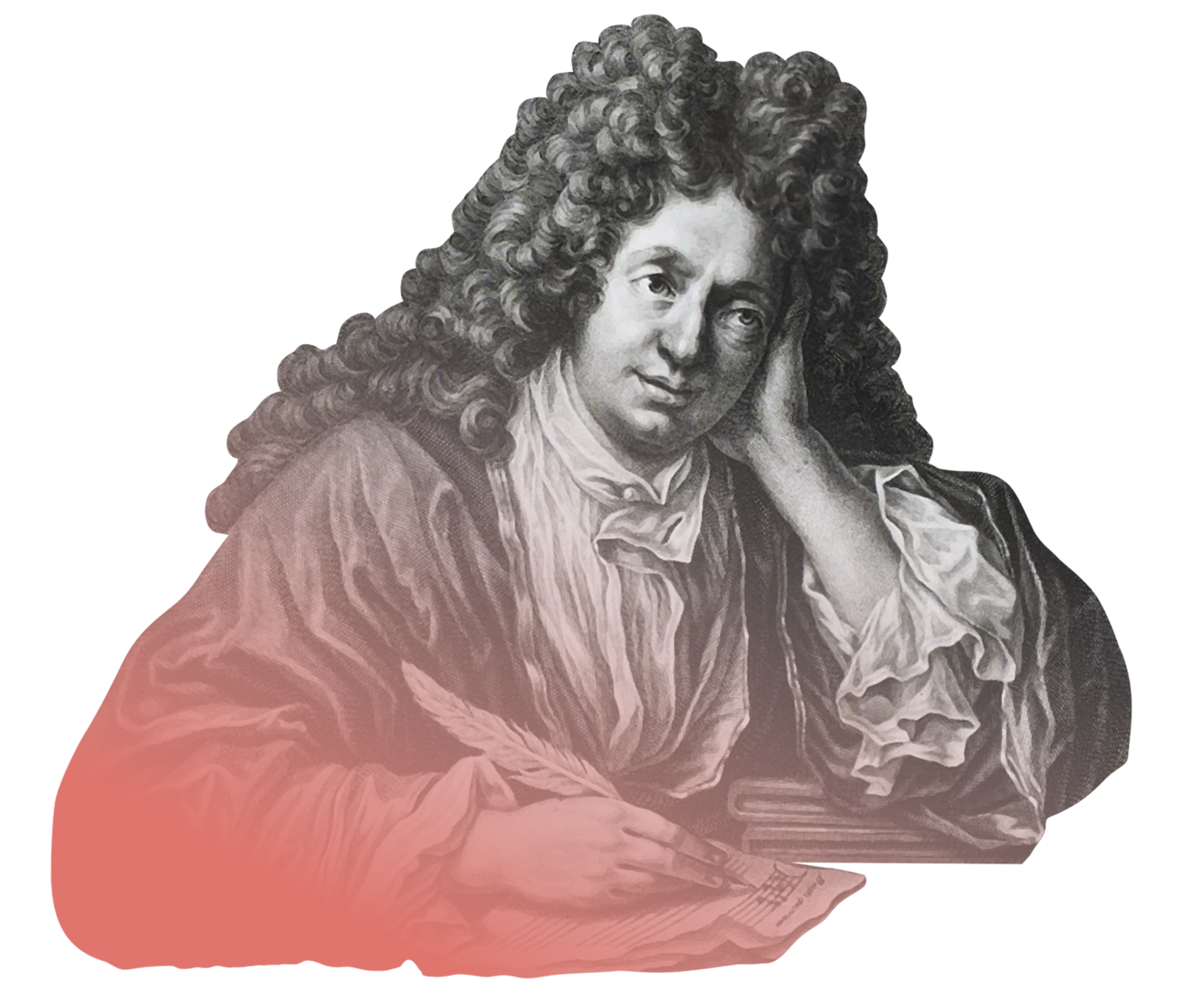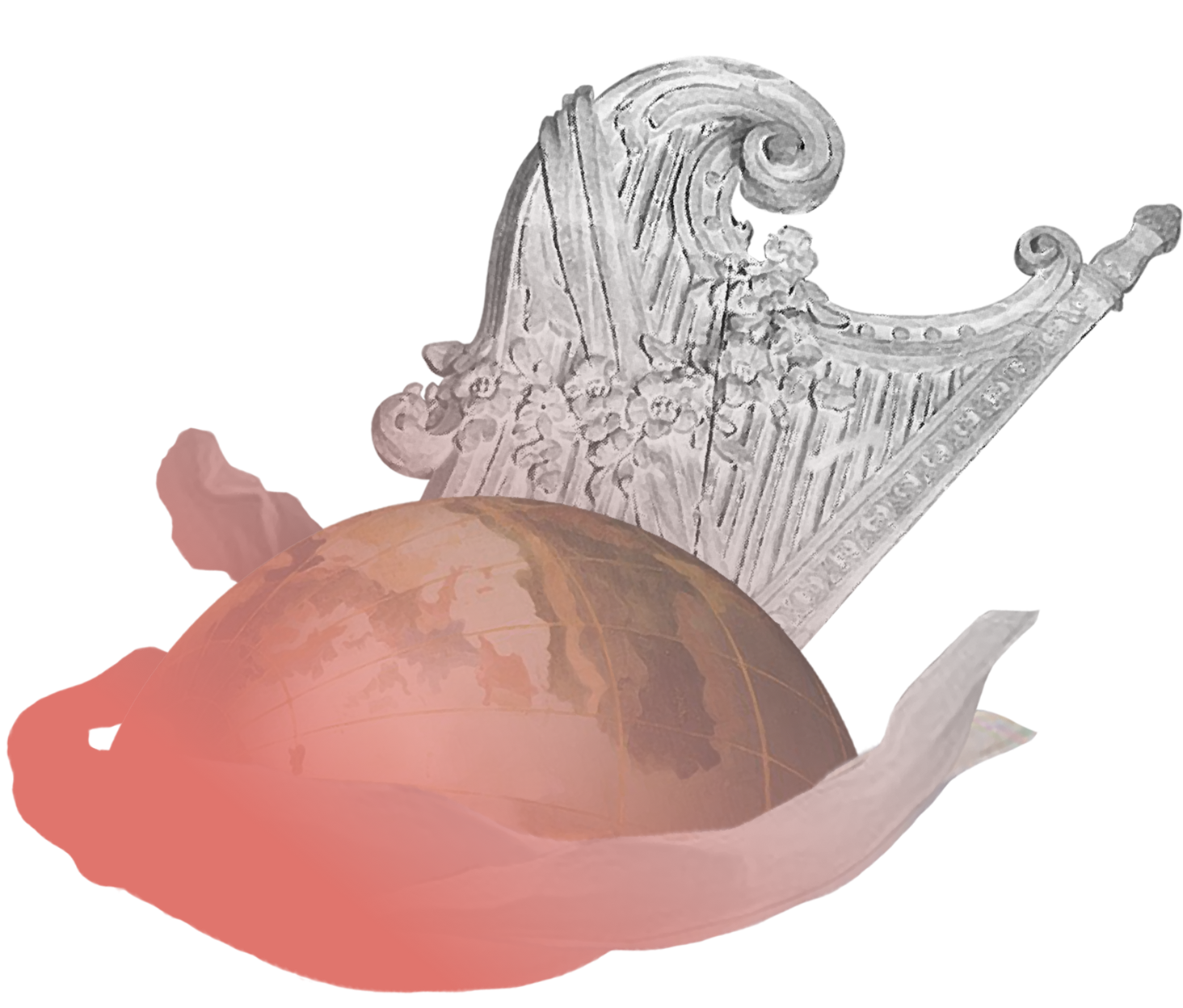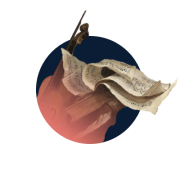-
Part One
-
Part Two
-
Part three
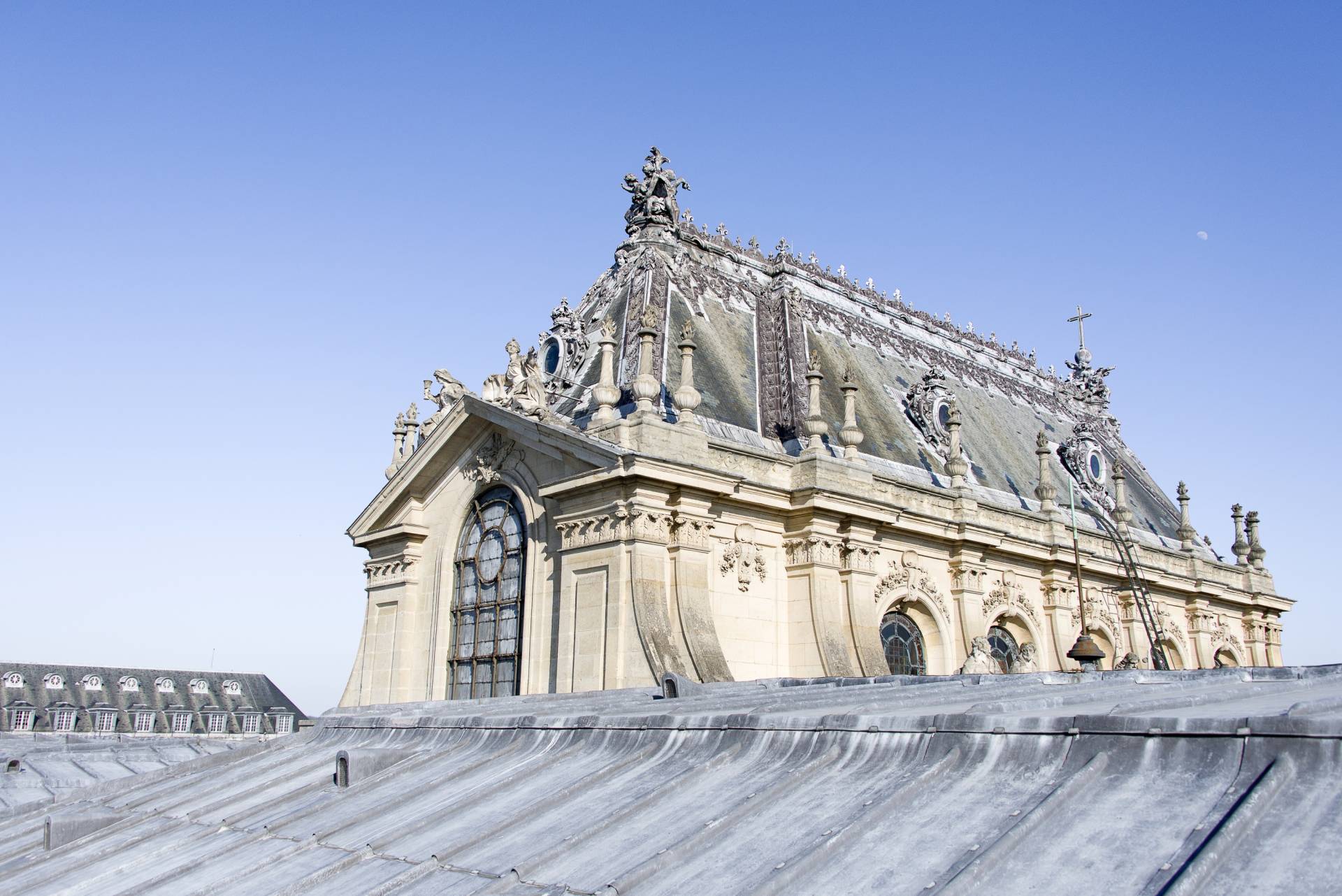
Part One
Lalande and Lully
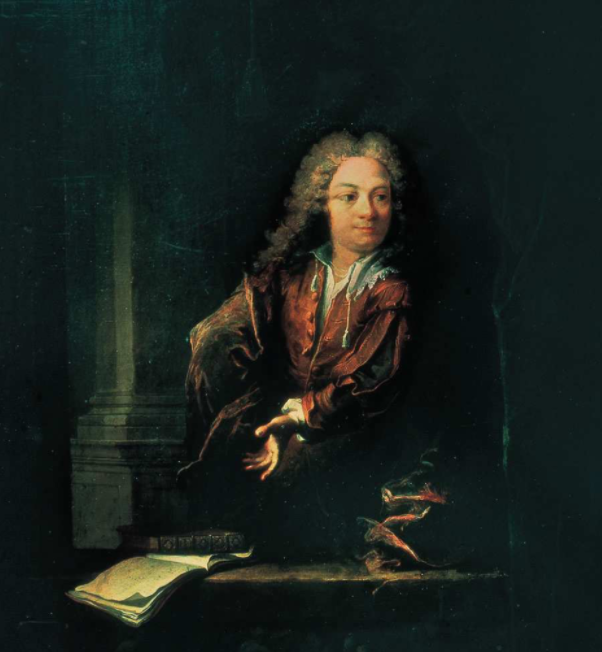
Michel-Richard de Lalande
by Robert Tournières (1667-1752)
Two musicians favoured by the King
Lalande was appointed to the Royal Chapel in 1683 and it was not long before he charmed the ears and heart of the King, who showered him with emoluments and honours, replacing Lully with his favours. Twenty-five years separated the two musicians, and Lalande only actually worked alongside Lully at court for four years, the latter dying from gangrene in March 1687. Sadly, no details have emerged of how the two musicians got along.
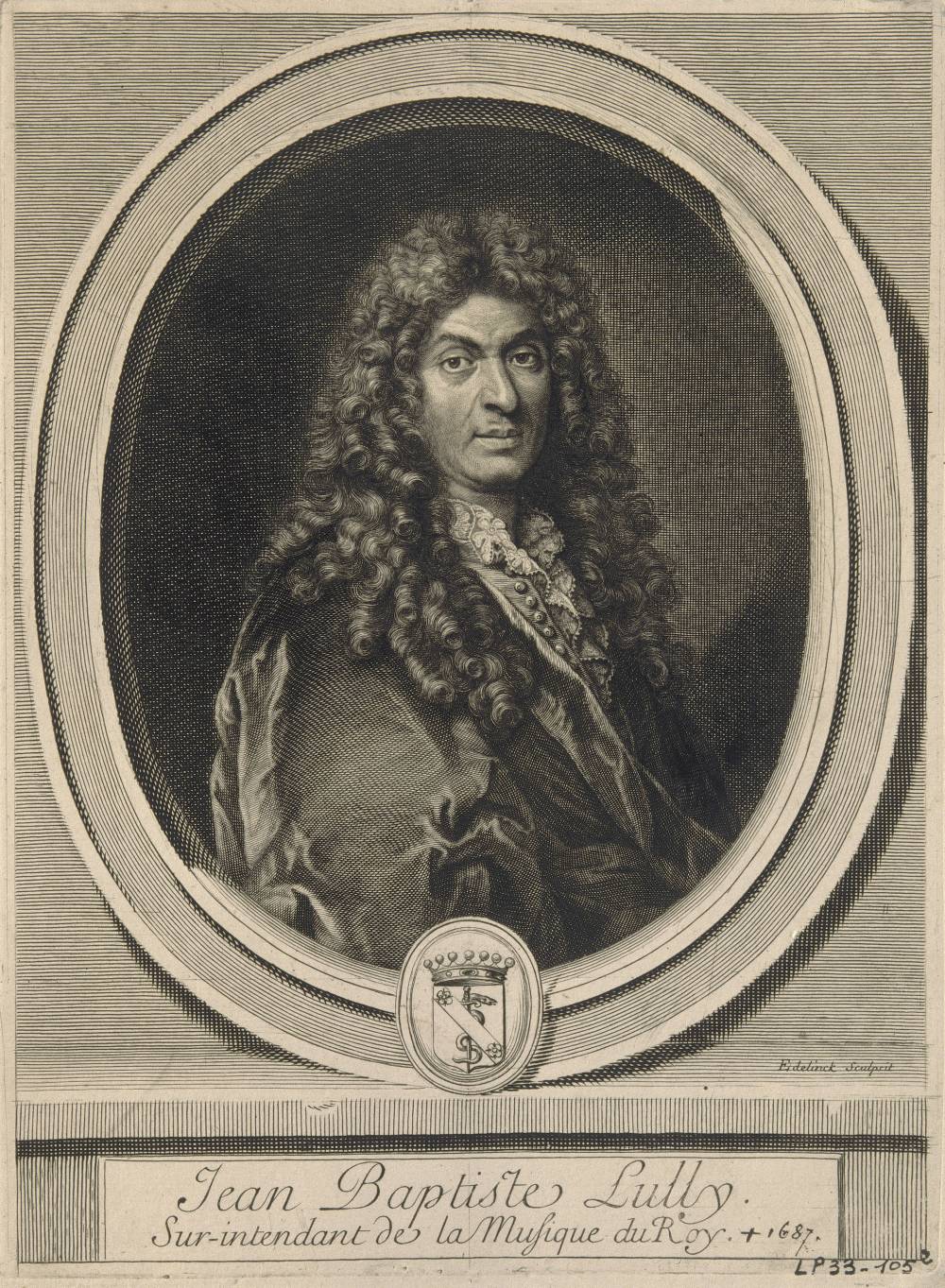
Jean-Baptiste Lully
1632-1687
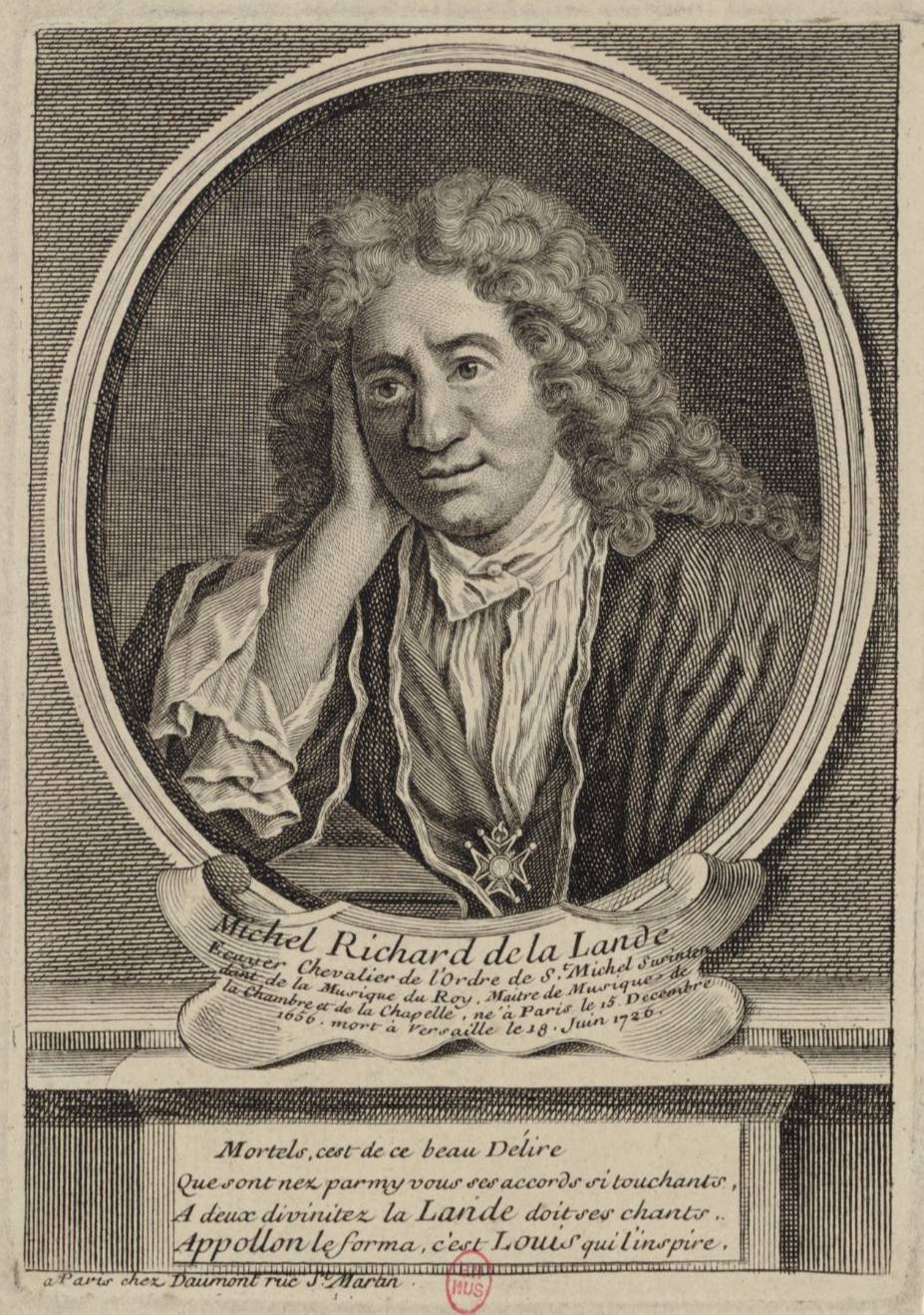
Michel-Richard de Lalande
1657-1726
From violin to composition
-
Around 1675
When his voice broke, the young Lalande left the Saint-Germain-l’Auxerrois choir school and offered to serve the Opera as violinist but he was rejected by Lully. On returning home Lalande broke his violin and bow in a fury.
-
1678
Lalande turned to the harpsichord and organ. His talent was noted by Lully at the recruitment contest for a new chapel organist, but the King considered him too young.
-
1683
A well-known figure in Versailles from teaching the harpsichord to Louis XIV’s and Madame de Montespan’s daughters, and with the backing of the King, Lalande finally passed the music contest and was appointed music master of the Royal Chapel.
Find out more
Jean-Baptiste Lully, the famous Superintendent of the Music of King Louis XIV, never served as music master at the Royal Chapel, even though he composed some impressive religious music. Thierry Favier Musicologist explains…

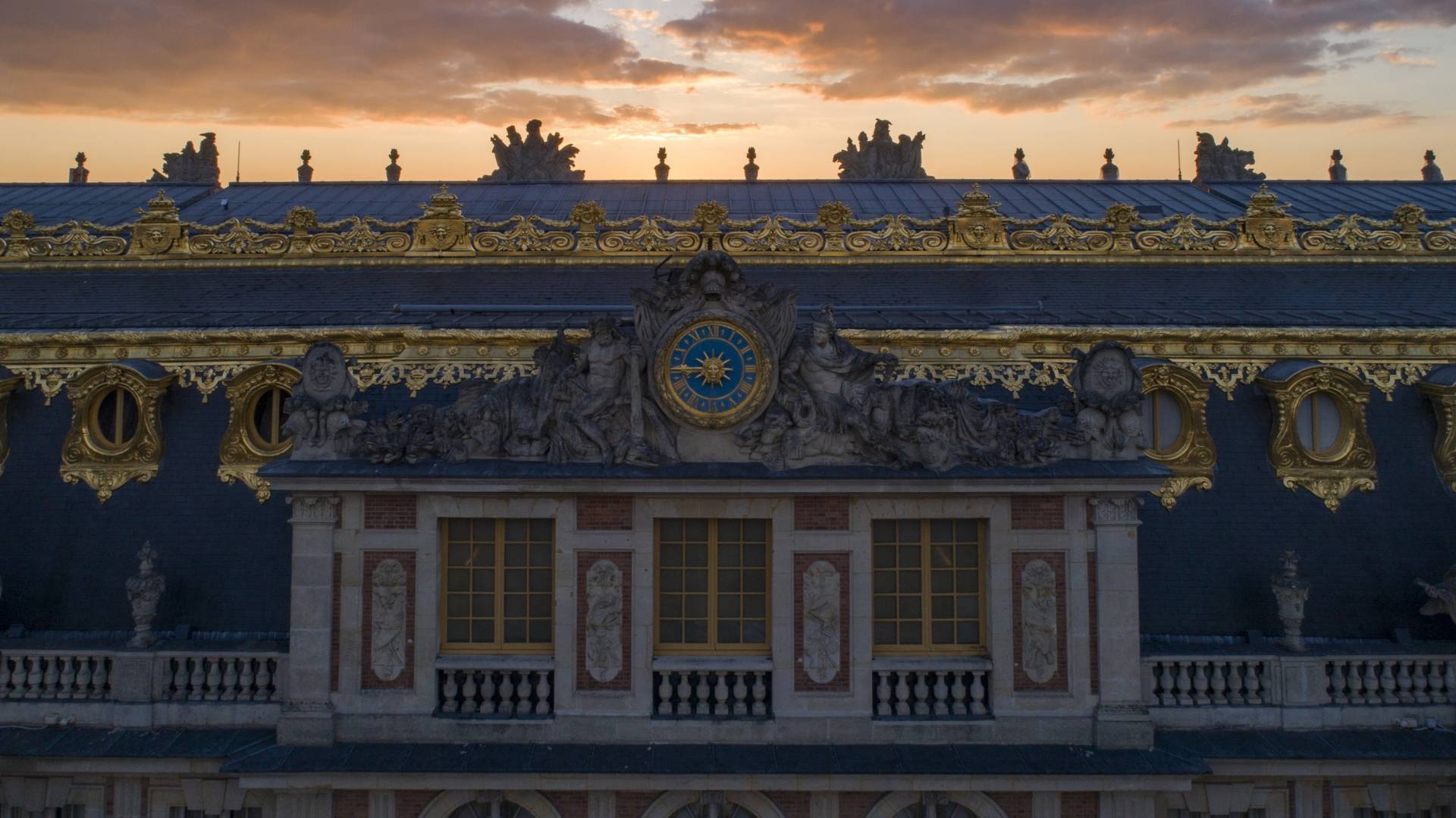
Part Two
An assiduous worker
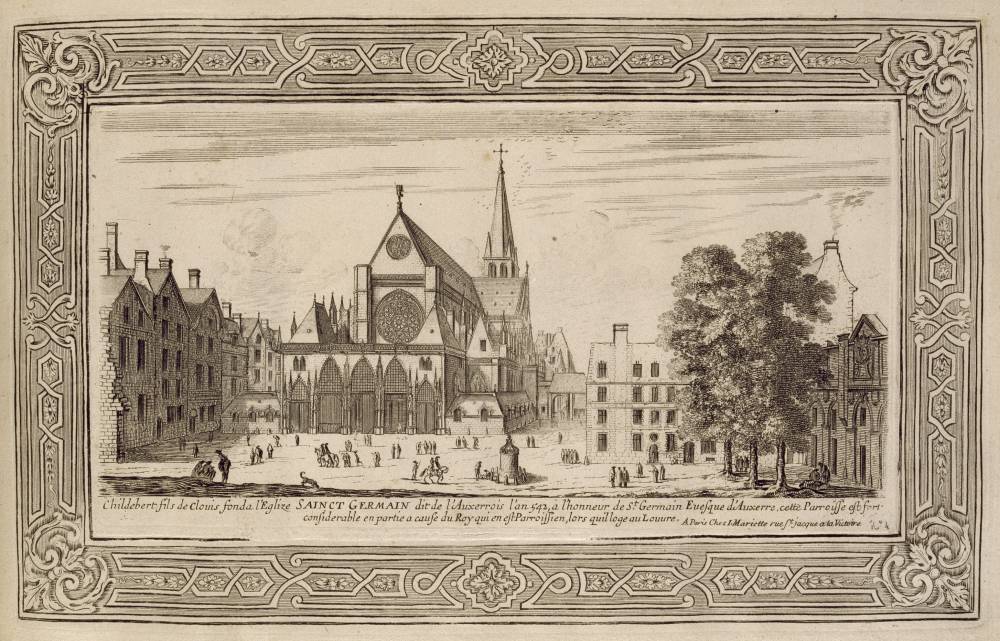
Saint-Germain-L’auxerrois
Choir schools taught boys music and Latin from age seven or eight, and provided singing lessons until their voices broke (at around age 17 at the time).
Lalande was a hard worker, a perfectionist, highly critical of his own work and endlessly revised his scores to meet contemporary tastes.
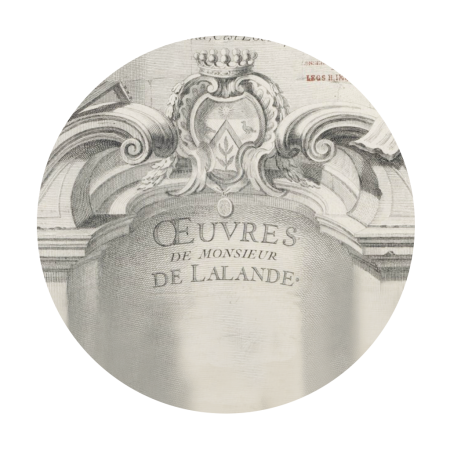
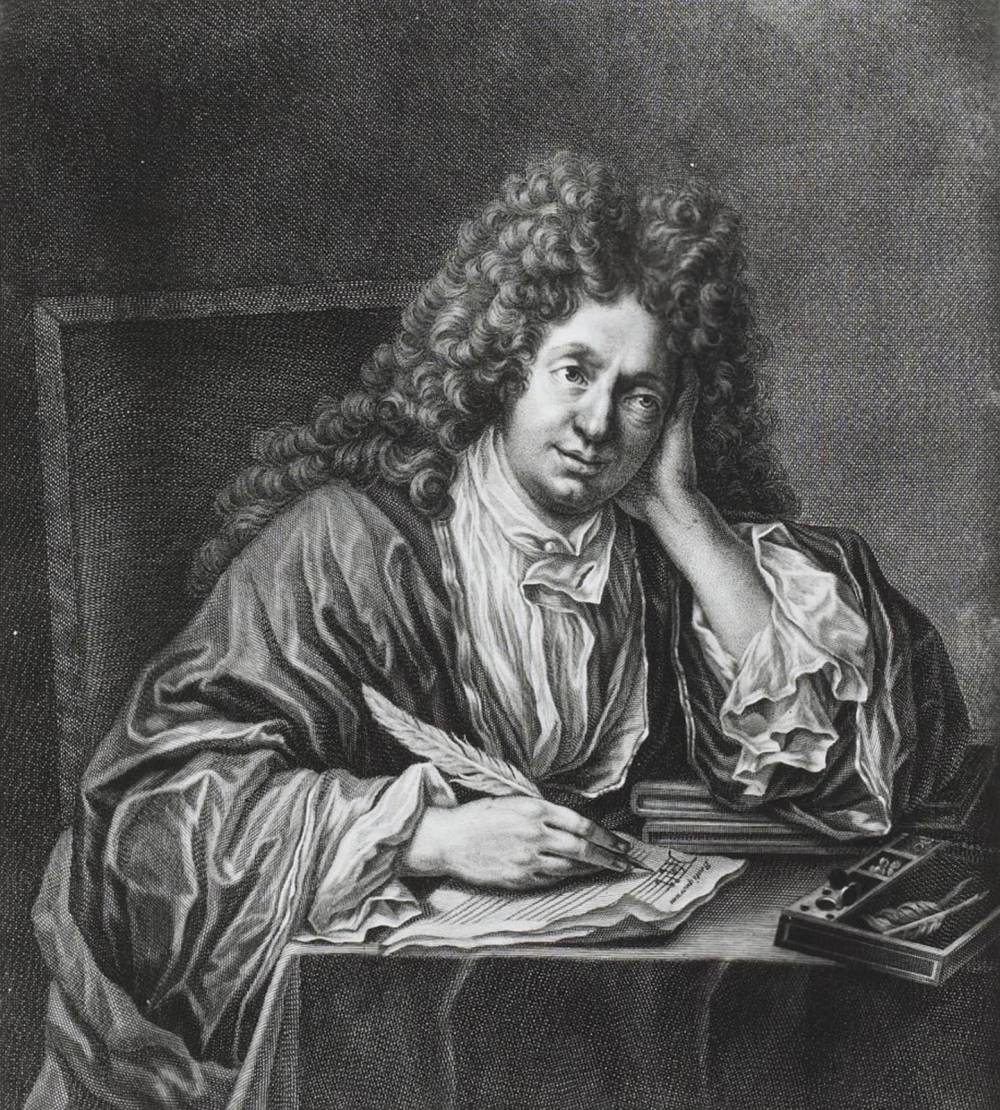
Michel-Richard de Lalande
at his desk
Find out more
Lully’s famous contemporaries
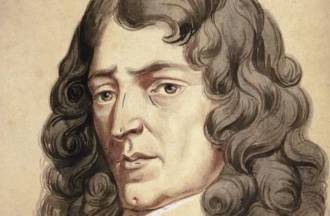
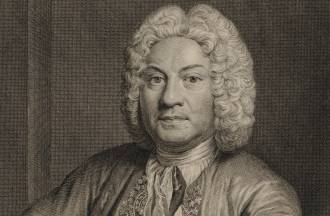
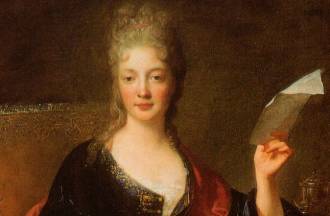
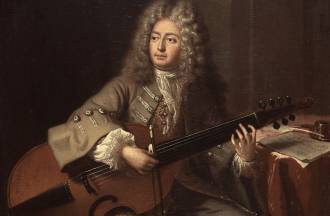
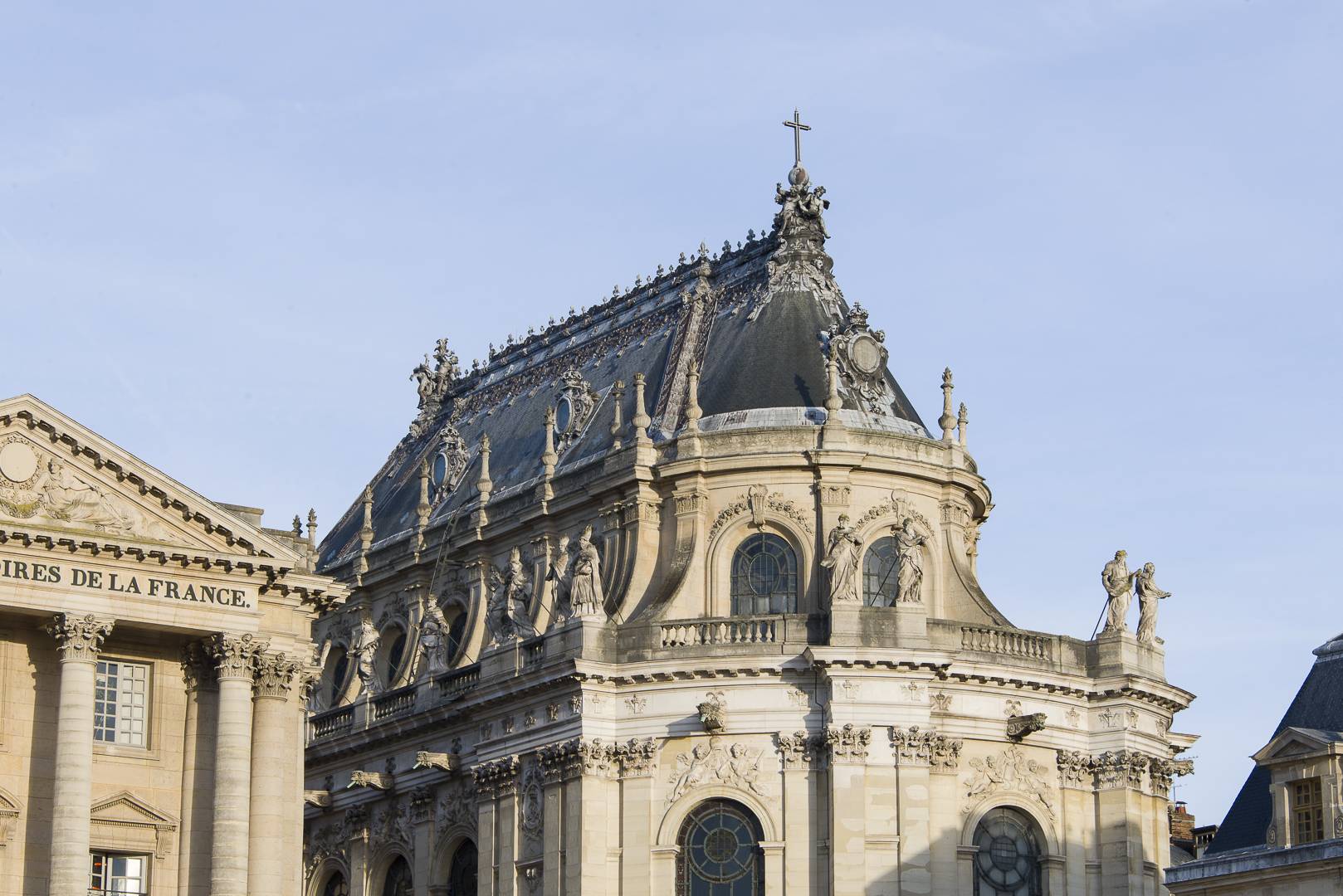
Part three
A soaring success
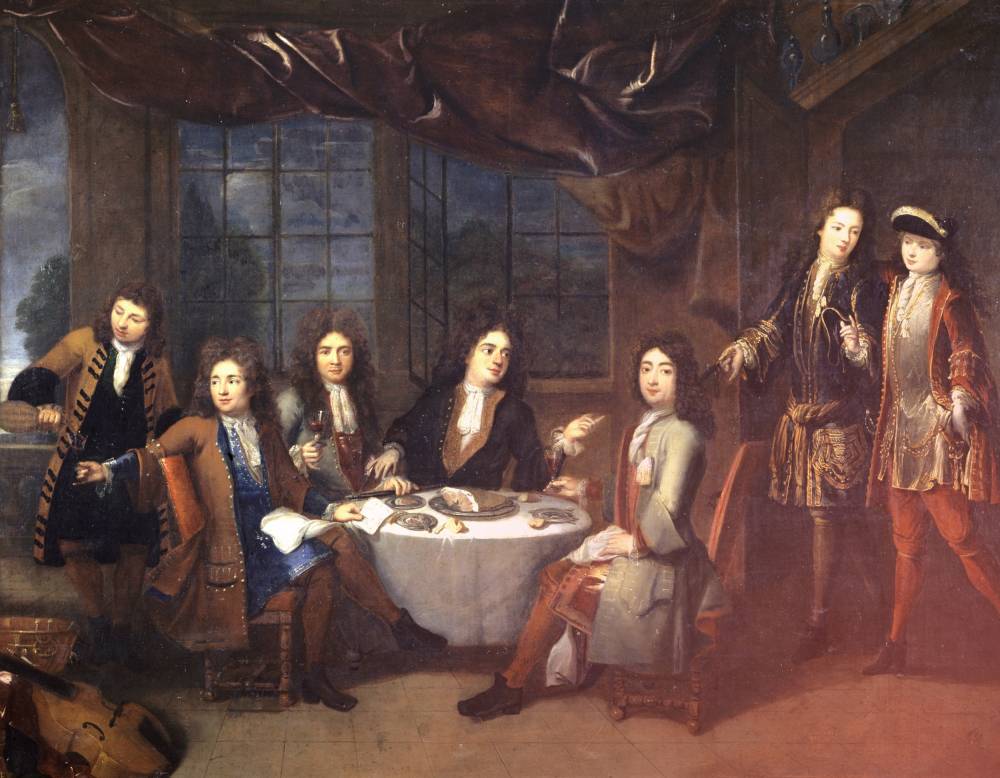
Five quarters all for Lalande
Lalande gradually took over all the King’s Music. His prestigious career, supported by the King himself, aroused considerable jealousy. But Lalande did not let it go to his head or become a despot, if his contemporaries are to be believed.
Lalande’s success story
-
1689
Lalande appointed Superintendent of the Music of the King’s Chamber
-
1693
Lalande procures Nicolas Goupillet’s quarter
-
1704
Lalande procures Pascal Colasse’s quarter
-
1714
Lalande procures the last quarter, that of Guillaume Minoret.
In 1683, the faux pas committed by one of the music masters at the Royal Chapel caused outrage at court. Find out more about the Goupillet scandal…
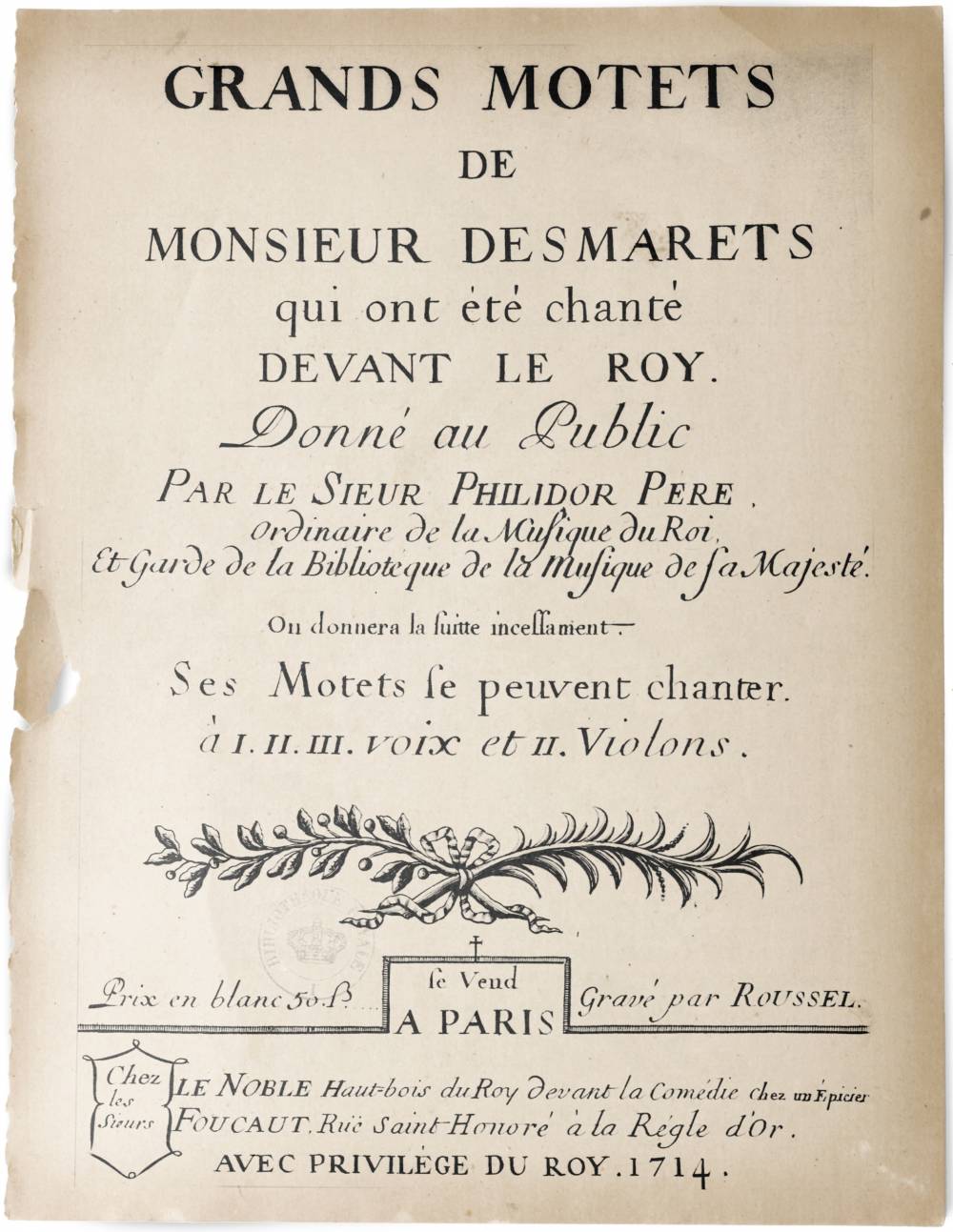
Grands Motets
de Monsieur Desmarets
His famous successors
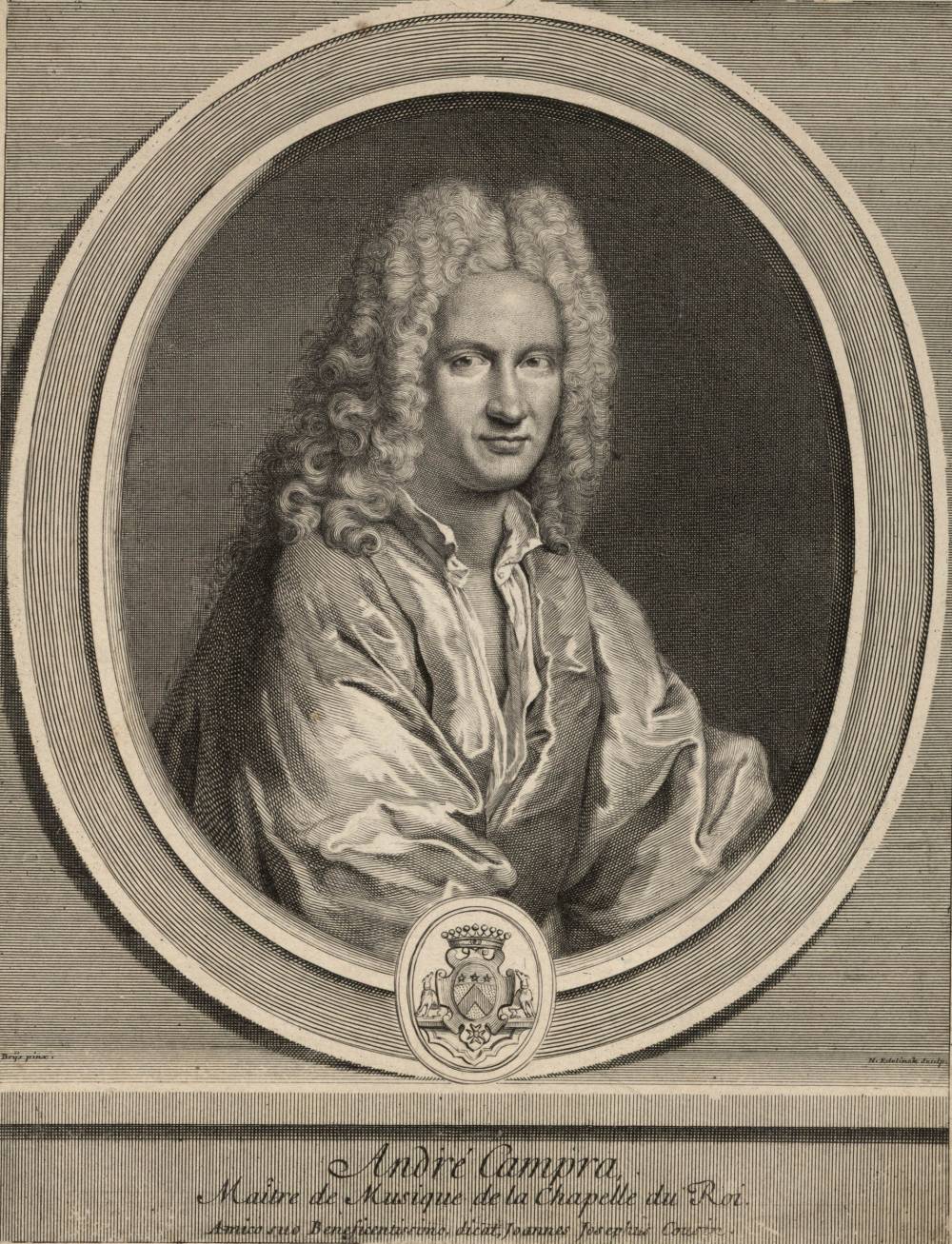
André Campra
1660-1744
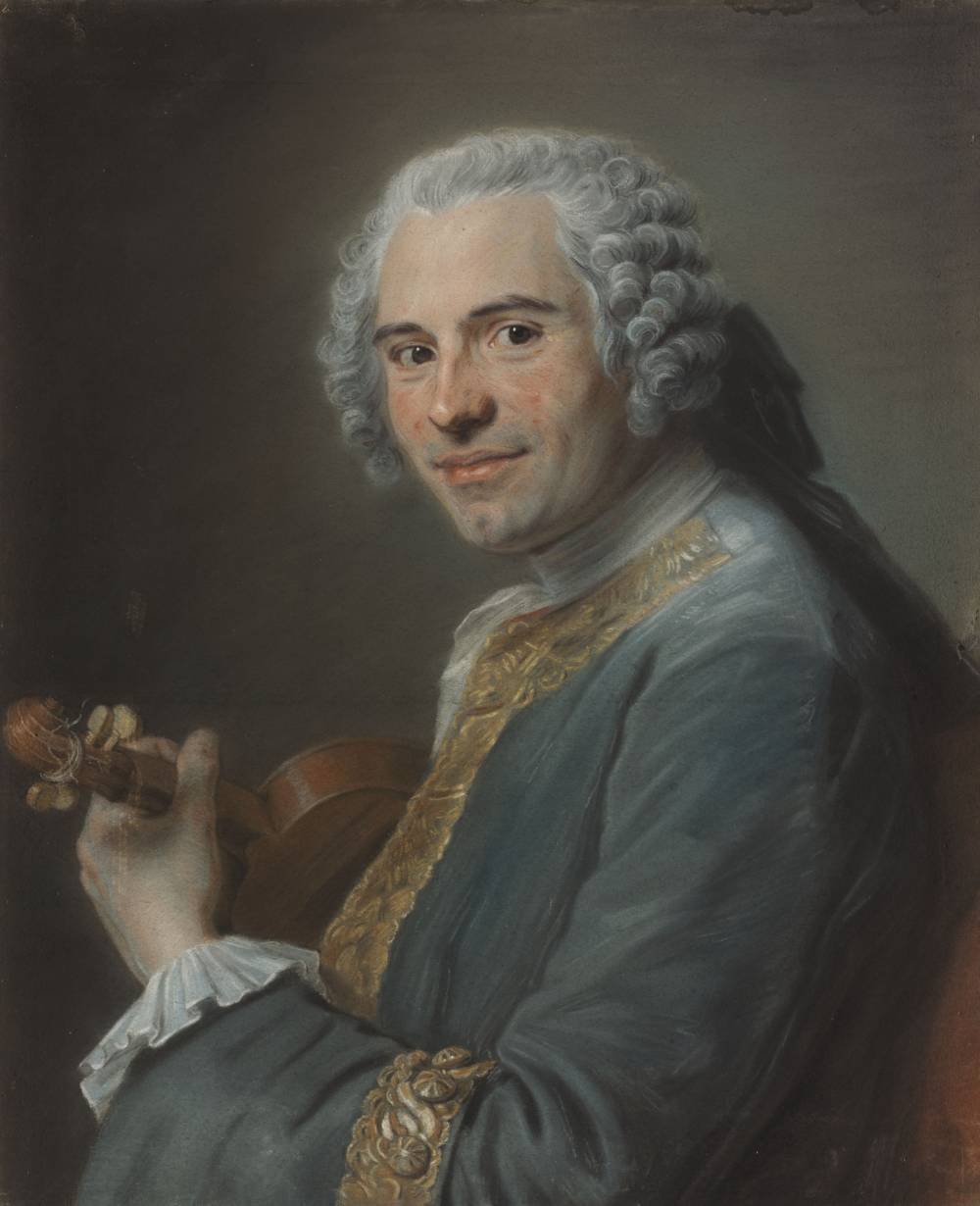
Jean-Joseph Cassanéa de Mondonville
1711-1772
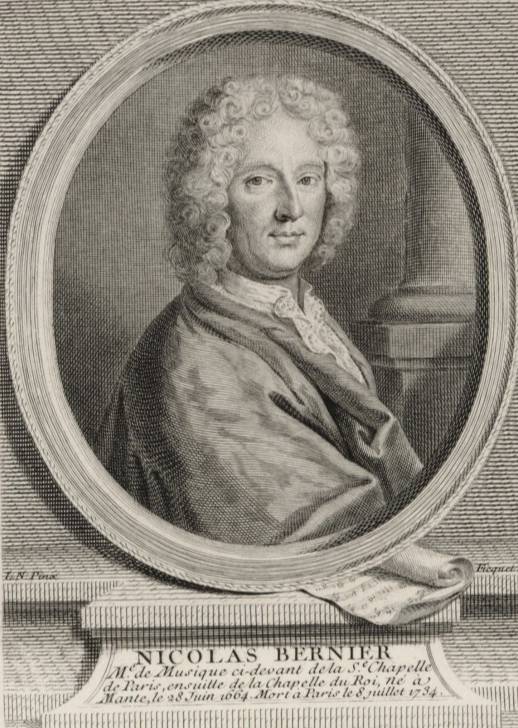
Nicolas Bernier
1665-1734
“As the finest things, if too often heard, finally become tedious, and if Lalande’s motets, notwithstanding their number and extreme beauty, tend this way, his Highness the Duke of Orleans, Regent of France, not just to remedy this but to infuse more variety into chapel music and to encourage emulation by church musicians, therefore asked him to dismiss the three Music Masters, retaining his revenue in the form of an allowance from the Royal Treasury, and replace them with Bernier, Campra and Gervais. As such, Lalande’s motets were henceforth heard only three months each year, imbued with renewed vigour and were considered even more beautiful.”
Find out more
What do today’s musicians think of Lalande’s motets? Interview with harpsichordist Sébastien Daucé, artistic director of the Correspondances ensemble and tireless explorer of French baroque music…
